What to Anticipate During a Well Inspection
Defective parts of a well may develop into troublesome issues.
Private wells mean fewer chemicals, mineral-rich water, and low water bills. However, wells must be inspected and maintained regularly for health and safety purposes. Unlike city-supplied water treated before distribution, well water comes from the ground and requires extra steps to make it safe.
A well can last for decades with proper inspection and maintenance. A typical maintenance inspection includes evaluating all well components ensuring they function correctly. It also involves checking the composition of the water and whether it's safe.
Here's what to anticipate during a well inspection:
Water testing
This involves checking for contaminants such as bacteria. A water sample is collected and sent to the lab for proper analysis. The results will show whether there are any harmful pollutants, viruses, or bacteria in the water. One should immediately remedy any issues that arise.
Checking the seals and casings of the well
Well casing is the pipe that encloses a well, keeping the water free from contaminants from the soil around it. The seals on the casings reinforce this functionality, so it's important to check these regularly. They need to be in the best working condition and without leaks. If any fault is detected, then replace them.
Evaluating the pump and mechanical components
The pump moves water from the well to other areas. During a well inspection, the expert thoroughly checks the pump and all other mechanical components. This confirms their working conditions. Some of the mechanisms that need checking include the pressure tank.
Wellhead examination
This structure is just above the well and contains the valve and other components to control water flow. A well inspector needs to include the wellhead and the entire surrounding area. This way, it'll be clear if there are any potential contamination sources like hazardous chemicals, septic leaks, etc. The examination confirms that things are working as they should.
Overall assessment of the entire well system
Well inspections are thorough and lessen the chances of malfunction. During an inspection, one must check the well system's operation and condition. This identifies and remedies any issues, restoring proper function. Some things that need checking include the water treatment accessories, plumbing, water pressure, and flow rate.
Other parts that should be checked include electrical connections (if any), the control box, capacitors, well caps, and grout.
Get professional inspection services
Defective parts of a well may develop into troublesome issues. Getting an expert inspector to examine the well can restore peace of mind as all aspects are checked for functionality. Talk to a professional and plan regular inspections and maintenance to avoid breakdowns that could ultimately demand costly repairs.
Pump Repair Services provides residential and commercial well pump repair, transfer pump repair, and custom water treatment system services in the Orlando area. (Sorry, no pool pumps or sewer pumps.) We offer 24-hour emergency service. Call us to learn more.

